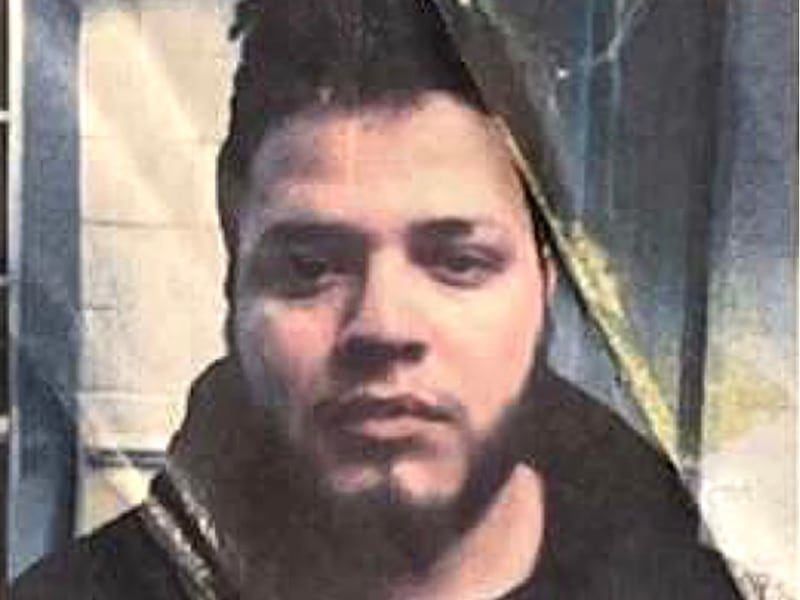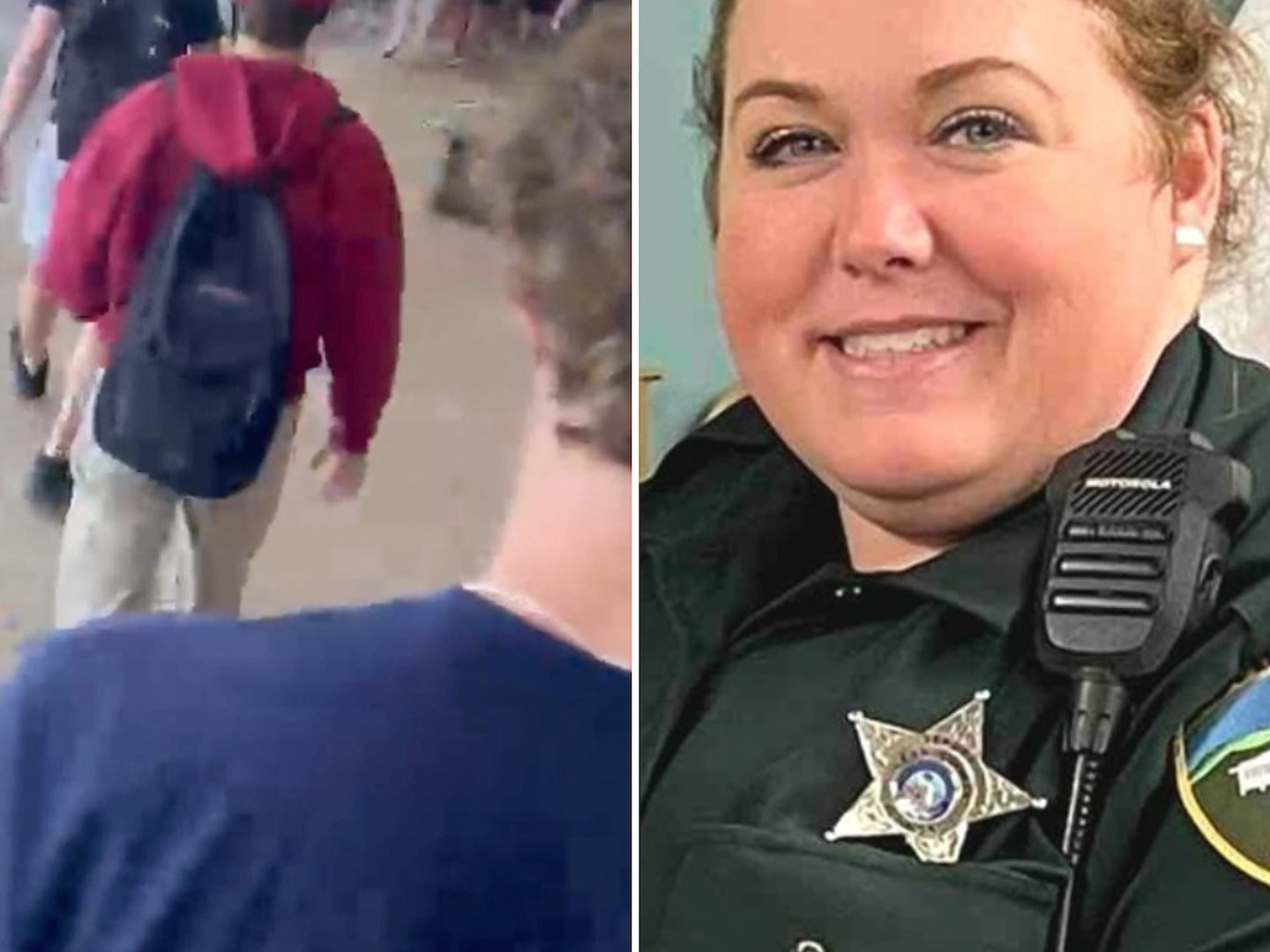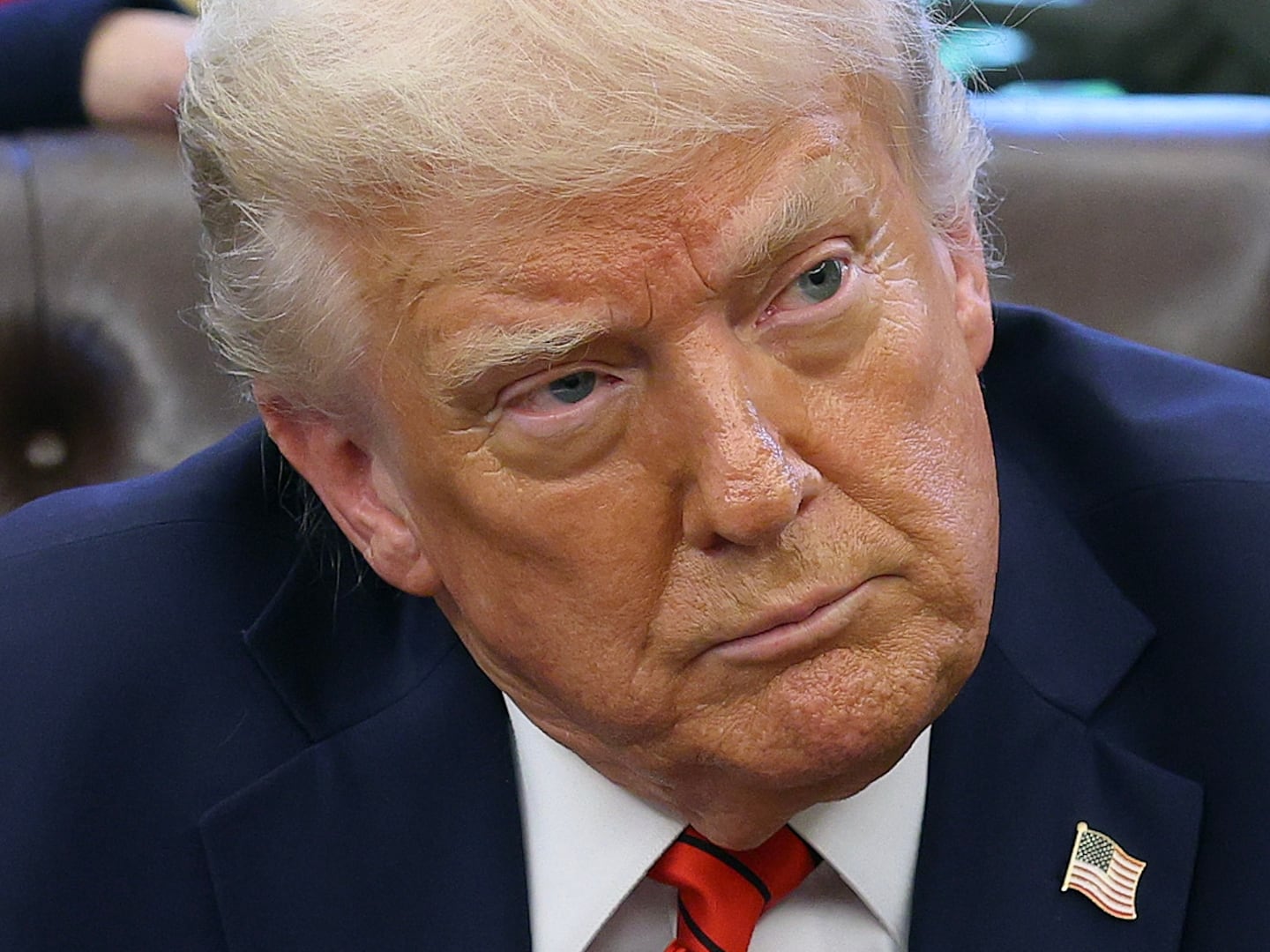Supreme Court Chief Justice John Roberts handed the Trump administration a small win Monday in the case of a mistaken deportation of a Maryland man to a mega-prison in El Salvador.
Roberts agreed to pause a midnight deadline for the government to bring back Kilmar Abrego Garcia, who was deported to El Salvador last month despite a 2019 order from an immigration judge granting him protection due to his likely persecution from local gangs.
Last week, U.S. District Judge Paula Xinis ordered the return of Abrego Garcia after the Trump administration admitted that he should not have been shipped off to El Salvador.
ADVERTISEMENT

In an emergency appeal to block Xinis’ order, Solicitor General D. John Sauer argued that the federal court’s injunction was “patently unlawful,” though he conceded that Abrego Garcia’s removal to El Salvador was “an administrative error.”
“The district court has no jurisdiction over the Government of El Salvador and thus no authority to order Abrego Garcia’s return to the United States,” he wrote.
The Trump administration has consistently insisted—without presenting evidence—that Abrego Garcia is a member of the international criminal gang MS-13.
“You would think this individual was Father of the Year, living in Maryland, living a peaceful life, when that couldn’t be further from the truth,” White House Press Secretary Karoline Leavitt said last week.
But Xinis was not convinced by the Trump administration’s pronouncements.
“That’s just chatter, in my view. I haven’t been given any evidence,” she said in a hearing. “In a court of law, when someone is accused of membership in such a violent and predatory organization, it comes in the form of an indictment, a complaint, a criminal proceeding that has robust process so we can assess the facts.”
Even the Court of Appeals for the Fourth Circuit unanimously refused on Monday to block Xinis’ order, noting that evidence of Abrego Garcia’s supposed ties to MS-13 were “thin, to say the least.”
The Fourth Circuit said the government’s allegations were based on Abrego Garcia wearing a Chicago Bulls hat and hoodie and a confidential informant’s claim that he belonged to the gang’s clique in New York despite never having lived there.
In an unlikely exchange with Xinis during a Friday courtroom hearing, the Justice Department attorney defending the government’s case expressed his own frustration with the lack of evidence against Abrego Garcia.
“I am also frustrated that I have no answer for you on a lot of these questions,” Erez Reuveni, acting deputy director for the Office of Immigration Litigation, told the judge. “The government made a choice here to produce no evidence.”
Attorney General Pam Bondi later placed Reuveni on leave after he “failed to zealously advocate” for the government.
A 60 Minutes investigation into the 238 Venezuelan migrants taken to El Salvador found that 75 percent of them don’t even have criminal records. Twenty-two percent had a criminal history—mostly for non-violent offenses like theft, shoplifting, and trespassing—and 3 percent had unclear records.
Abrego Garcia lived in Maryland with his wife and children and worked as a sheet metal apprentice when he was deported.
“In a blink of an eye, our three children lost their father, and I lost the love of my life, his mother lost his son, his siblings lost their brother,” his wife Jennifer Vasquez said.








